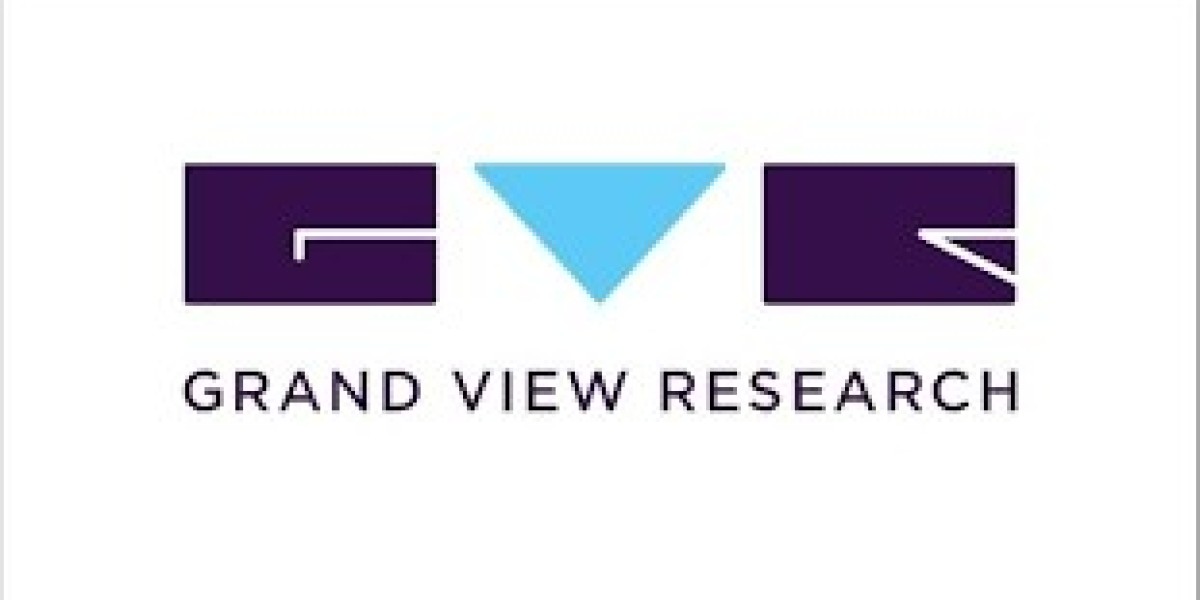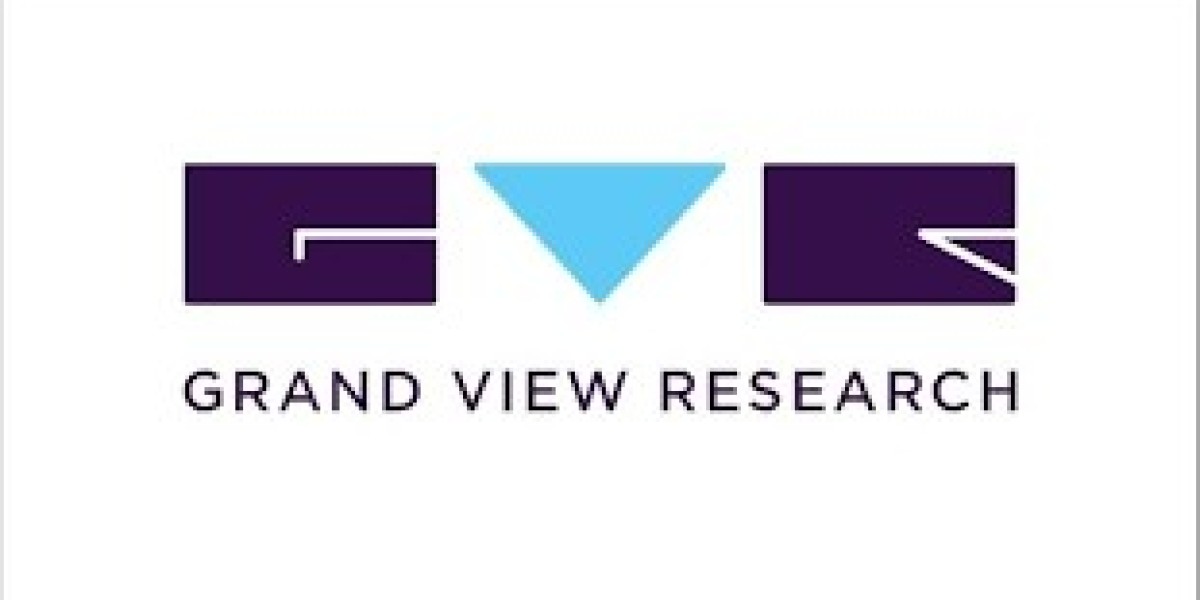The global cell therapy market was valued at USD 4.74 billion in 2023 and is projected to expand at a robust compound annual growth rate (CAGR) of 22.66% between 2024 and 2030. This rapid rate of expansion is driven in part by the continuous diversification of cell types being explored and commercialized, offering companies fresh avenues to consolidate and enhance their positions within this competitive landscape. Over the past several years, the sector has witnessed a substantial uptick in the number of organizations actively engaged in the research, development, and commercialization of novel cell-based treatments.
A key catalyst behind this proliferation of market entrants is the significant increase in funding earmarked for clinical studies of cell therapies. Coupled with the establishment and widespread adoption of standardized guidelines for the manufacturing of cell-based products, these financial and regulatory enablers have lowered the barriers to entry and accelerated product development timelines. At the same time, successes in late-stage clinical trials and regulatory approvals have bolstered investor confidence, further fueling industry growth. Parallel investments in cell banking infrastructure—encompassing manufacturing facilities, storage repositories, and characterization laboratories—have augmented global capacity to process, preserve, and analyze large volumes of cellular material. Additionally, the emergence of specialized service providers offering analytical and characterization support has streamlined the pathway from bench to bedside, directly contributing to a marked increase in revenue generation across the cell therapy value chain.
The surge in the number of registered clinical trials can be largely attributed to the concerted efforts of both private and public funding bodies, which continue to underwrite projects at every phase of clinical development. In Europe, for example, many late-stage programs receive financial backing through Horizon Europe grants. A notable illustration of this is the July 2022 announcement by Achilles Therapeutics, which secured USD 4.2 million in funding under the Horizon Europe framework to advance its personalized therapy manufacturing capabilities.
Underlying these developments is the broader shift toward personalized medicine, a paradigm that has significantly elevated interest in cellular therapies—particularly those employing genetically engineered cells. By tailoring interventions to the unique genetic profiles of individual patients, these approaches promise enhanced therapeutic efficacy and a reduction in adverse effects. This move toward bespoke, patient-specific treatments represents a fundamental transformation in healthcare delivery, positioning cell therapies at the forefront of next-generation medical innovation.
Detailed Segmentation:
Therapy Type Insights
In 2023, the autologous therapy segment commanded a commanding 91.22% share of the global cell therapy market. This overwhelming dominance is largely driven by the rapid uptake of CAR-T cell therapies, which utilize a patient’s own immune cells to recognize and kill malignant or genetically aberrant cells.
Therapeutic Area Insights
Oncology continues to be the powerhouse therapeutic area within cell therapy, contributing the largest revenue share in 2023. Among these, CD19-targeted CAR-T treatments have been particularly transformative: in acute lymphoblastic leukemia (ALL) patients—many of whom have exhausted other treatment options—CD19 CAR-T therapies are delivering high rates of complete remission, with some studies reporting long-term disease-free survival
Regional Insights
North America led all regions in 2023, accounting for 58.7% of global cell therapy revenues. A key factor underpinning this regional leadership is the deep network of partnerships between academic research institutes, contract development and manufacturing organizations (CDMOs), and major biopharmaceutical companies.
Curious about the Cell Therapy Market? Download your FREE sample copy now and get a sneak peek into the latest insights and trends.
Key Companies & Market Share Insights
Cell therapy market is currently experiencing increased efforts of key companies to develop and launch novel cell therapies for multiple indications. Companies with strong pipeline and resources are pushing for product approvals to gain first mover advantage in the specific applications. Companies are also engaging in collaborations and licensing agreements to sustain their foothold in the highly competitive market environment.
Some of the key players operating in the market include Bristol-Myers Squibb Company, Novartis AG, Gilead Sciences, Inc.
- Bristol-Myers Squibb Company is involved in the development and marketing of CAR-T cell therapies. In May 2023, the company received European Commission (EC) approval for Breyanzi for treatment of refractory or relapsed large B-cell lymphoma in adult patients.
- Novartis AG is also involved in the development of various cell therapies to strengthen its market position. In January 2020, the company announced that Kymriah would be publicly funded to treat eligible adult patients with relapsed or refractory DLBCL in Australia.
- Aurion Biotech, Holostem Terapie Avanzate S.r.l., Nkarta, Inc. are some of the emerging market participants in the market.
- In October 2023, Aurion Biotech began a phase 1/2 clinical trial of cell therapy for corneal edema in the U.S.
- In October 2023, Nkarta, Inc. announced the FDA's approval of an IND application to investigate NKX019, its allogeneic, CD19-directed CAR NK cell therapy candidate, to cure lupus nephritis.
Key Cell Therapy Companies:
- Novartis AG
- Gilead Sciences, Inc.
- Bristol-Myers Squibb Company
- Johnson & Johnson Services, Inc
- JCR Pharmaceuticals Co., Ltd.
- JW Therapeutics
- Atara Biotherapeutics
- Anterogen Co., Ltd.
- MEDIPOST
- S. BIOMEDICS
- Aurion Biotech
- Holostem Terapie Avanzate S.r.l
- Nkarta, Inc.
Order a free sample PDF of the Market Intelligence Study, published by Grand View Research.


